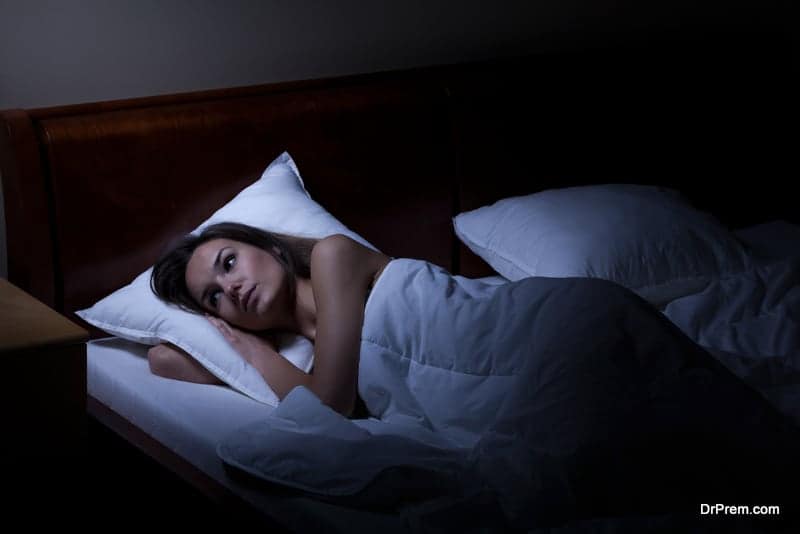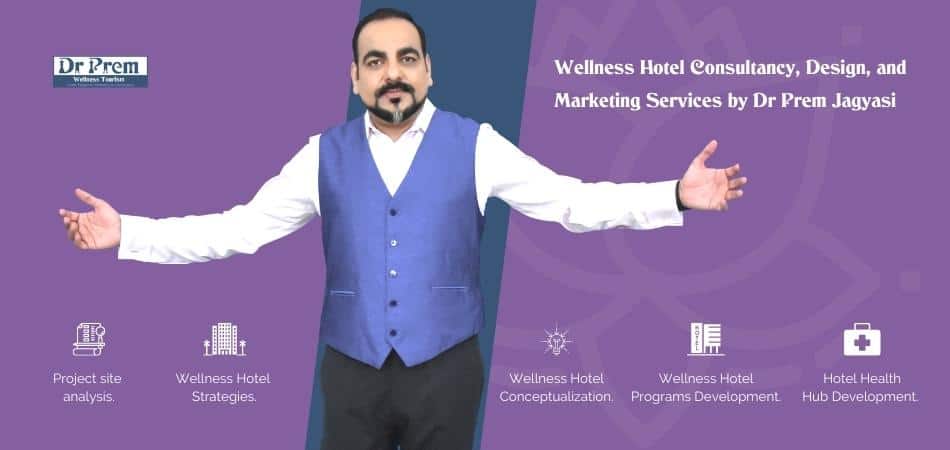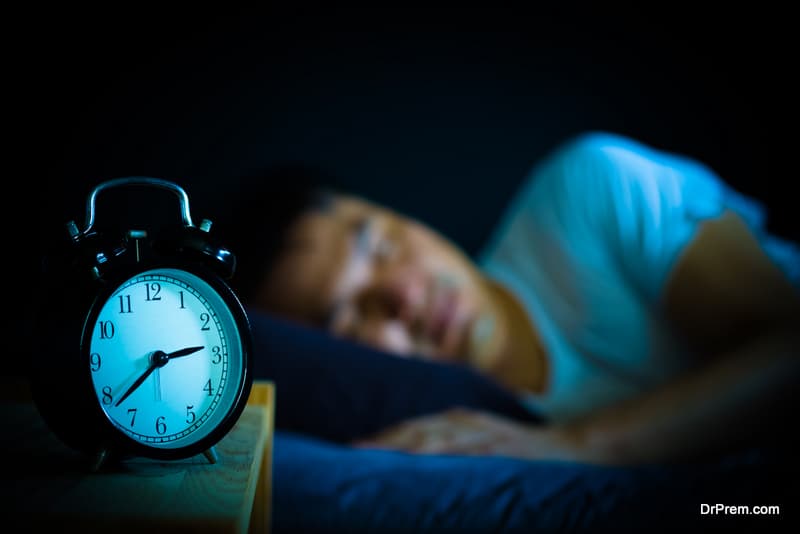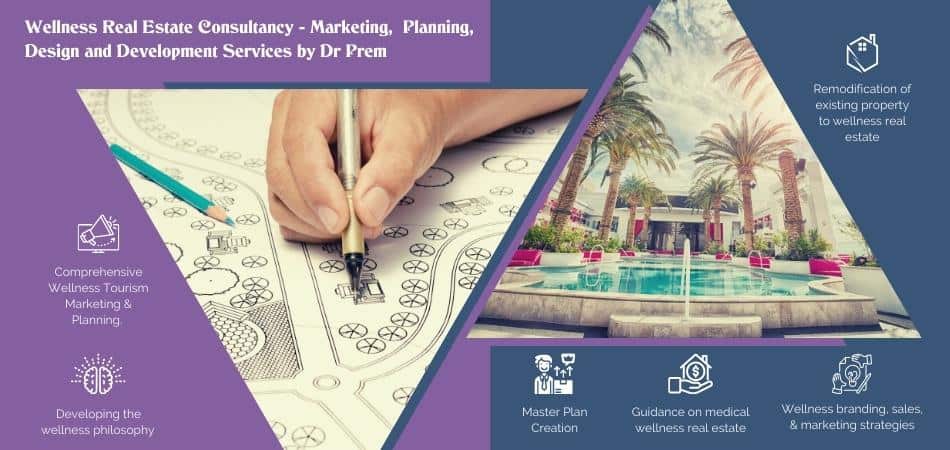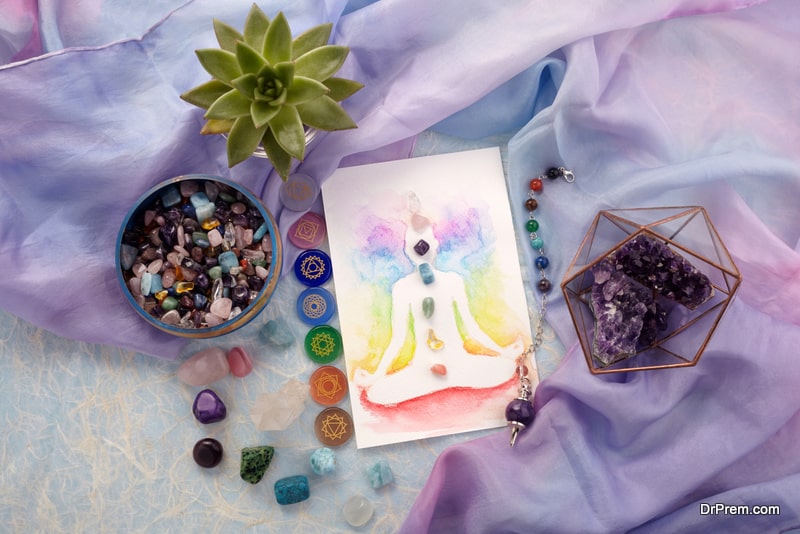The National Center for Sleep Disorders Research states that nearly 30-40% of adults report insomnia symptoms within a year, and 10-15% suffer from chronic insomnia. The 2015 study published in Psychology Research and Behavior Management reports – 50% of American seniors aged 65 and more suffer from sleep disorders.If you are one of them, be assured that you are not fighting a lone battle and it is possible to cure sleep disorders with a number of proven therapies.
Insomnia: The common cause of sleeplessness:
Insomnia or sleeplessness is the inability to fall asleep. Symptoms may include:
- Not being able to sleep.
- Not having enough quality sleep although you are in bed.
- Once you wake up prematurely from sleep, you find it hard to fall asleep again.
8best therapies to cure sleep disorders:
Cognitive Behavioral Therapy (CBT):

Your sleep therapist will be the best person to assess your needs and help you control your thought process that prevents good sleep.
Mechanism of Cognitive Behavioral Therapy (CBT):
The focus is on your flow of thoughts. Some thoughts are beneficial for the peace of mind and help you get sound sleep. Some of the thoughts have a negative quality, bringing in worries and fear. They act as an obstacle to getting quality asleep.
Even though somehow you manage to get some sleep, these thoughts visit you in dreams, disrupting the system of your subconscious mind’s working. Consequently, your sleep is adversely affected. The objective is to shut out negative thoughts and focus on sleep-inducing positive ones.
To cure sleep disorders in the most potent way, your therapist might recommend keeping a sleep diary for a fortnight. This is for recording your thoughts and pattern of sleep. Establishing a correlation between the two is a part of the treatment.
CBT-I is based on the following techniques:
- Stimulus control therapy: This method identifies the aspects that hold you back from sleeping. These are fixing stipulated times of sleep and waking up. Following some discipline like using bed for sleep and sex only and as far as possible avoid your bedroom when you are not sleeping. This way, factors blocking your falling asleep are eliminated.
- Creating a sleep-friendly environment:Efforts can include shutting out any disturbing source of light in bedroom, keeping it cool and tranquil, removing the TV set and wall clock from sight.
- Sleep Restriction: The program is aimed to reduce the time spent in bed. Often we lie awake in the bed for hours, which is a bad habit. Not spending unnecessary hours in the bed causes partial sleep deprivation, making you feel tired. This gradually improves sleep.
- Relaxation tutorial:The target is to achieve mental calmness by meditation, muscle relaxations, focusing on pictures and colors that help soothe your mind and relax your nerves.
- Staying passively awake:This is called paradoxical intention and an effort is initiated to manufacture worry that keeps you from falling asleep. A self-induced tension is built and when you let go of this tension, your mind calms down. Quality sleep is achieved in the process.
- Bio-feedback: This method works by monitoring your biological signals such as heart-beat rate and muscle tension and the way you respond to them. Biofeedback devices may be prescribed by therapists for recording significant health parameters. This reading point out how they have an impact on your sleep pattern on regular basis.
Maintaining proper sleep-hygiene:
This may not be a conventional way to cure sleep disorders,but it helps. Changing the lifestyle like reducing smoking, drinking and coffee consumption, and improving physical exercises improves the quality of sleep. Winding down or getting disconnected from the digital world 1-2 hours before sleep is also included in the regime of sleep hygiene.
Medications:
There are effective medications to cure sleep disorders that can give instant relief, but it is not a permanent solution. From the long term perspective, they lose potential and may cause side effects. A combination of medication and CBT-I is sometimes recommended to get the best of both.
Medication is recommended on case to case basis as follows:
- Hypnotics are prescribed for insomnia treatment which induces sleep.
- People with syndrome of Narcolepsy are given stimulants to reduce daytime sleepiness and enhance overall quality of sleep.
- For Rapid Eye Movement, medication like clonazepam is highly recommended.
- For somnambulism or sleep walking, sedatives and antidepressants are very effective.
Bright light therapy:
In this cure for sleep-disorder, the patient sits facing a bright light therapeutic box for half an hour to 60 seconds in a day. It should be a full spectrum fluorescent light with an intensity of 10000 Lux. The purpose is to set your body’s biological clock in a rhythm that controls your brain functioning affecting your sleep.
Eliminate false sleep notions:
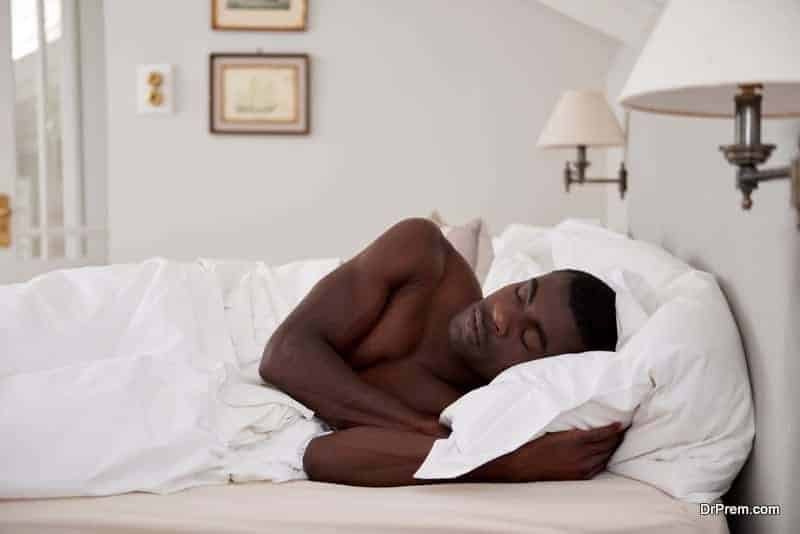
You got to shake off these myths and do not take any notion at their face value that might tamper with your normal and healthy sleep schedule.
Find support partners:
Be in touch with people suffering from insomnia. It gives you a feeling that you are not alone with the issue. This will facilitate your efforts to cure sleep disorders. You will have friends to share and their activity and daily struggle inspires you to live your life with zest.
Polyphasic sleep:

Home remedies:
Home remedies have been hailed as the best therapies for sleep disorders since ages. These are time-tested and are effective even today.
- Repetition of mantras: It is a positive self-proclamation that comes in repetition. It pacifies the mind and induces sleep. You can choose any suitable mantra (search Google for help) and utter them for 5-10 minutes at a specific time of the day.
- Yoga – It reduces stress, enhances concentration, and brings in quality sleep.
- Exercise- It is a universally accepted activity and takes a prominent part among home remedies. It lifts your spirit, cleanses your system, improves blood flow, sheds calories and improves sleep quality.
- Massage: This is an age-old therapy to treat sleep disorder. It mitigates pain, depression, anxiety and improves sleep intensity.
- Magnesium: A mineral that relaxes muscles, helps you uncoil and helps get quality sleep.
- Lavender Oil: This oil taken orally helps improve sleep intensity.


